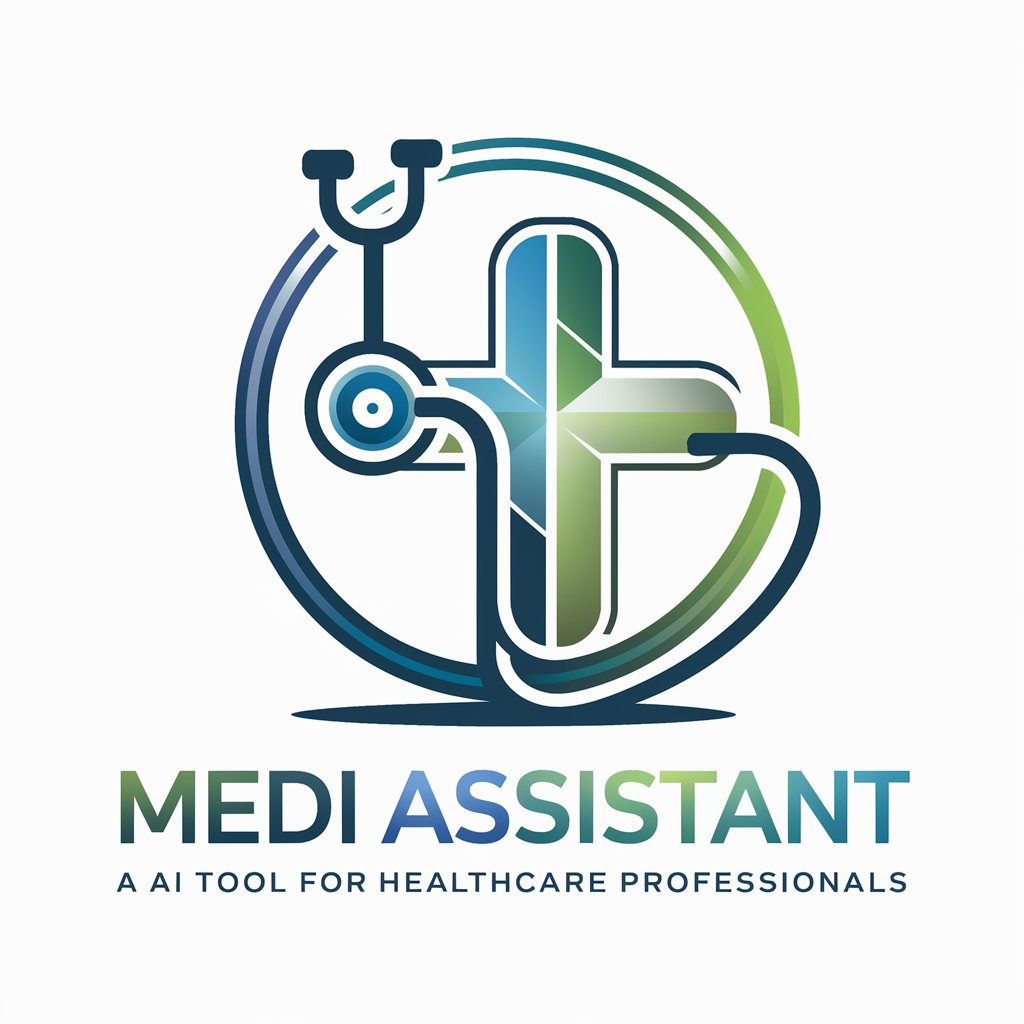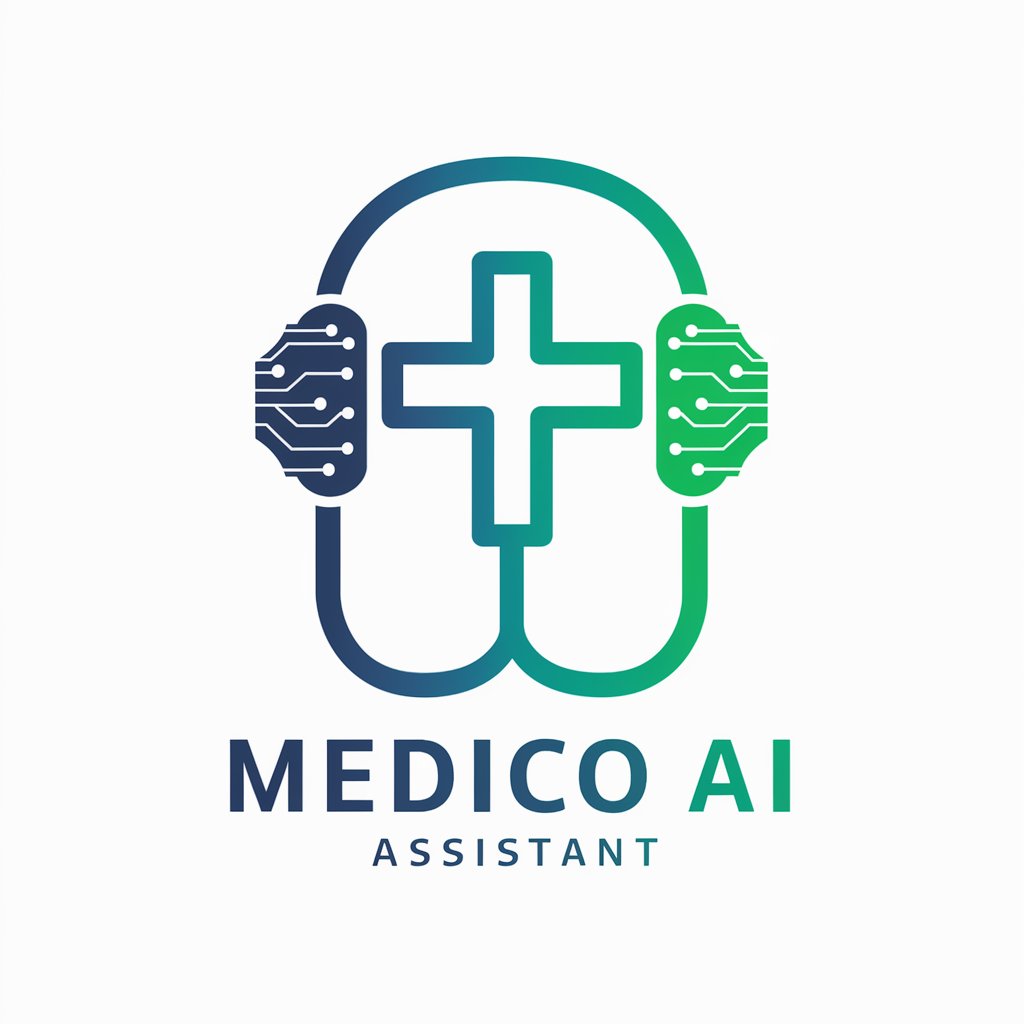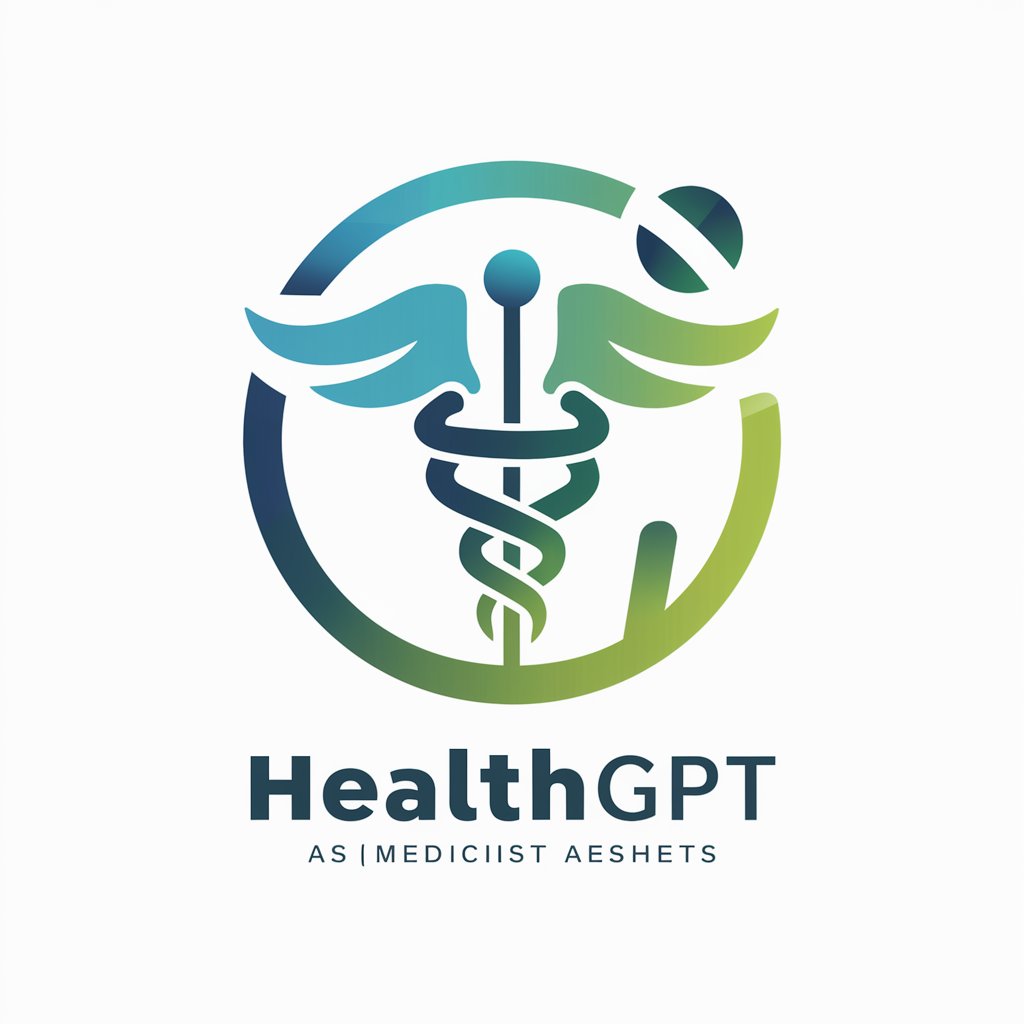
Medical AI Assistant (UiBmed - ELMED219 & BMED365) - Medical AI Learning Platform
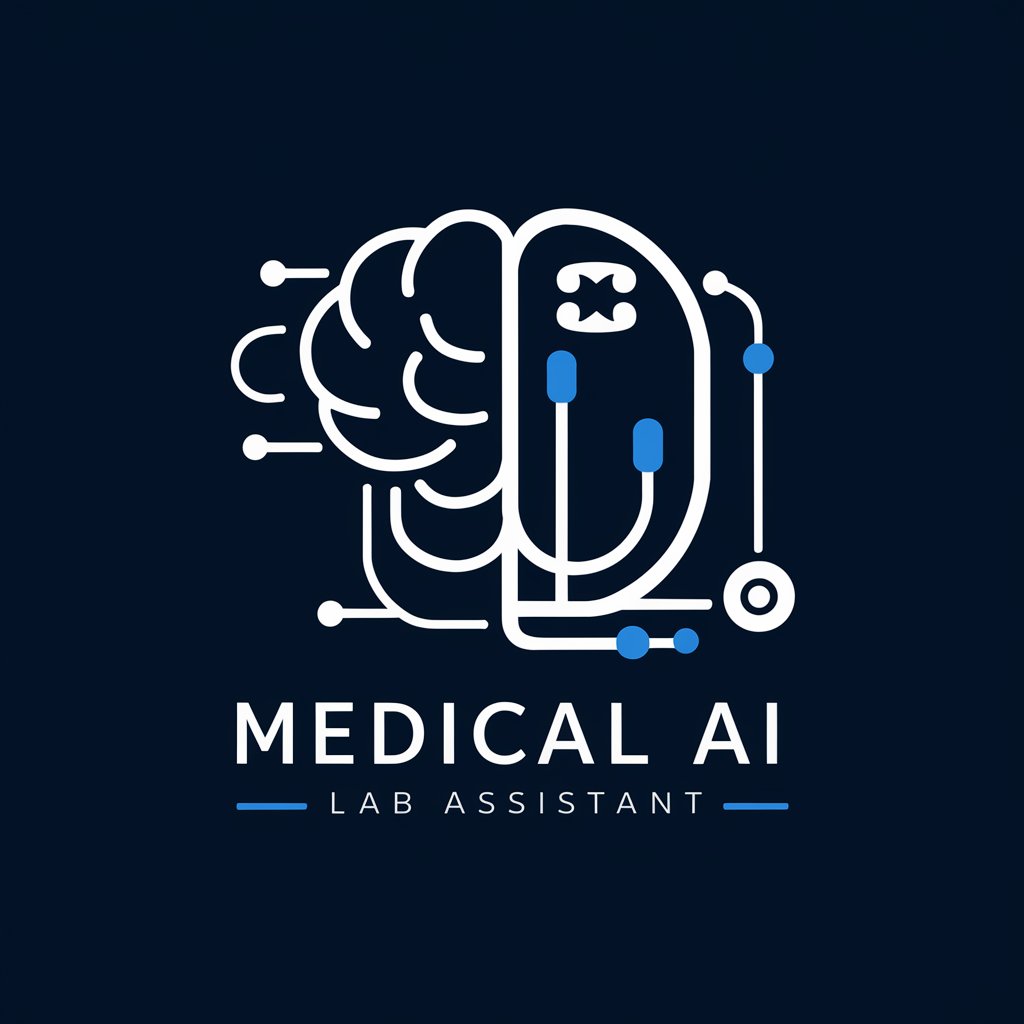
Welcome! Let's explore the fascinating world of medical AI together.
Empowering medical AI education with AI-driven insights.
Explain the basics of medical imaging using AI.
How can machine learning improve patient outcomes?
What are the ethical considerations in medical AI?
Guide me through setting up a Jupyter notebook for a medical AI project.
Get Embed Code
Introduction to Medical AI Assistant (UiBmed - ELMED219 & BMED365)
The Medical AI Assistant (UiBmed - ELMED219 & BMED365) is designed to support medical students and professionals in navigating the complex and evolving field of medical AI. Its core purpose is to facilitate learning and practical application of computational modeling, machine learning, and AI within biomedical contexts. The assistant offers a blend of theoretical knowledge and hands-on experience, particularly through Python and Jupyter notebooks, aiding users in engaging with topics like in vivo imaging (MRI), segmentation, biomarkers, patient similarity networks, and large language models within healthcare. For instance, it can guide a user through the process of analyzing MRI data to identify potential biomarkers, or explain the steps to build a patient similarity network using Python. Powered by ChatGPT-4o。

Main Functions of Medical AI Assistant
Educational Guidance
Example
Explaining complex AI concepts in simple terms, such as demystifying convolutional neural networks for analyzing medical images.
Scenario
A student is working on a project to segment tumor regions from MRI scans. The assistant provides step-by-step guidance on preprocessing the images, selecting the appropriate model, and interpreting the segmentation results.
Hands-on Coding Support
Example
Assisting in writing Python code within Jupyter notebooks for specific medical AI applications.
Scenario
A user is trying to create a model to predict patient outcomes based on multimodal data. The assistant suggests relevant libraries, helps debug code, and advises on model evaluation techniques.
Ethical and Regulatory Insights
Example
Providing insights into the ethical considerations and regulatory standards relevant to deploying AI in healthcare settings.
Scenario
A group of students is developing an AI tool for diagnostic purposes and needs to understand the ethical implications and regulatory requirements for clinical use. The assistant outlines key considerations and guides them through relevant frameworks and guidelines.
Ideal Users of Medical AI Assistant
Medical Students
Students enrolled in courses like ELMED219 and BMED365, seeking to understand and apply computational and AI techniques in medicine. They benefit from the assistant's educational resources, coding tutorials, and insights into practical applications within their field of study.
Healthcare Professionals
Clinicians, researchers, and healthcare practitioners interested in incorporating AI and machine learning into their work. They find value in the assistant's ability to simplify complex AI concepts and provide guidance on applying these technologies to improve patient care and outcomes.

Usage Guidelines for Medical AI Assistant (UiBmed - ELMED219 & BMED365)
Start Your Journey
Visit yeschat.ai to start your free trial without the need to login, avoiding the necessity for ChatGPT Plus.
Explore the Repositories
Familiarize yourself with the course materials available on the GitHub repositories for ELMED219 and BMED365 to understand the scope and structure of the courses.
Engage with the Community
Join the Discord server to communicate with peers and instructors, solve problems collaboratively, and get the most out of your learning experience.
Hands-On Practice
Utilize the provided Jupyter notebooks to get hands-on experience with coding for medical AI, machine learning, and computational modeling.
Continuous Learning
Leverage the six-month free access to DataCamp to further enhance your skills and knowledge in medical AI and related fields.
Try other advanced and practical GPTs
Viral Visionary
Empower Your Stories with AI

Dietary Supplementation Builder
Empowering Your Health with AI-Powered Supplement Guidance
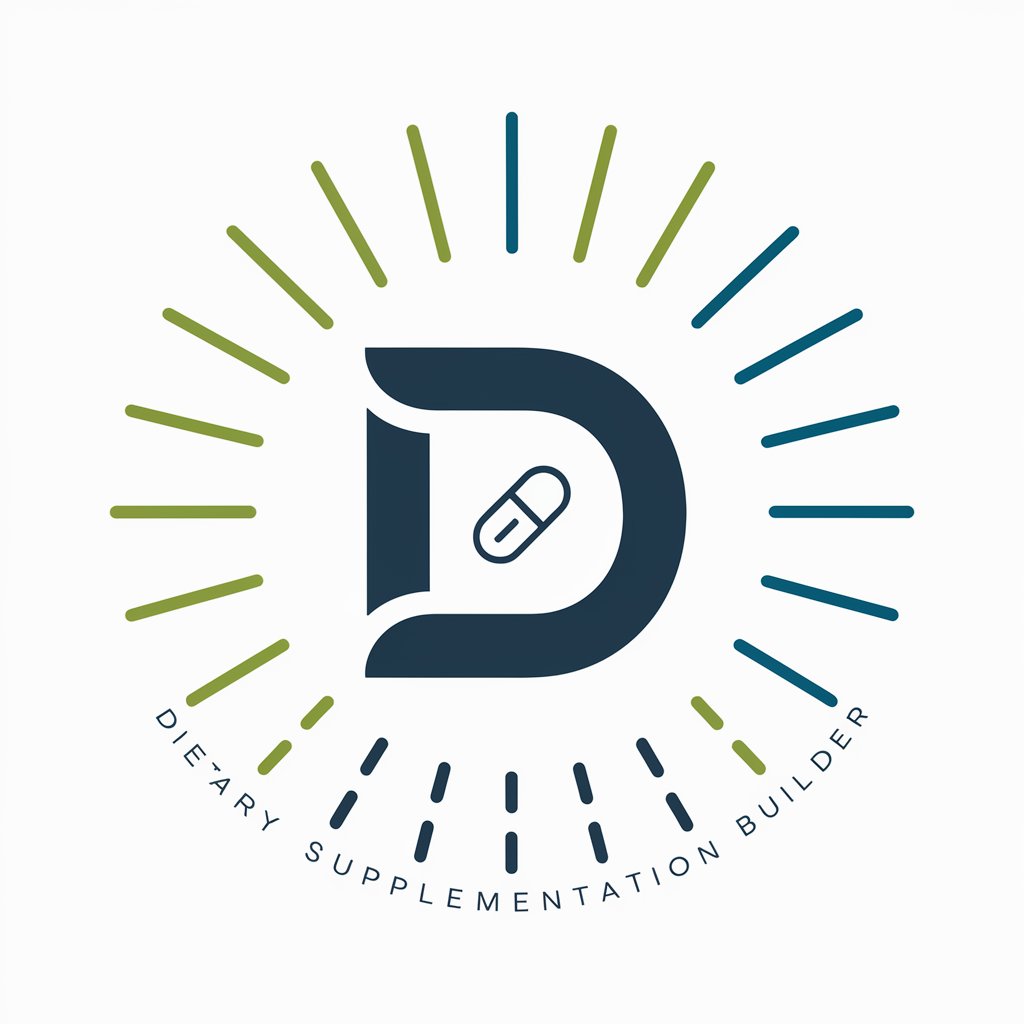
Performance Coach
Optimize Life with AI Coaching

Theses Medicine & Health UK
Empowering your medical research with AI.

VitalAI
Empowering Your Health Journey with AI
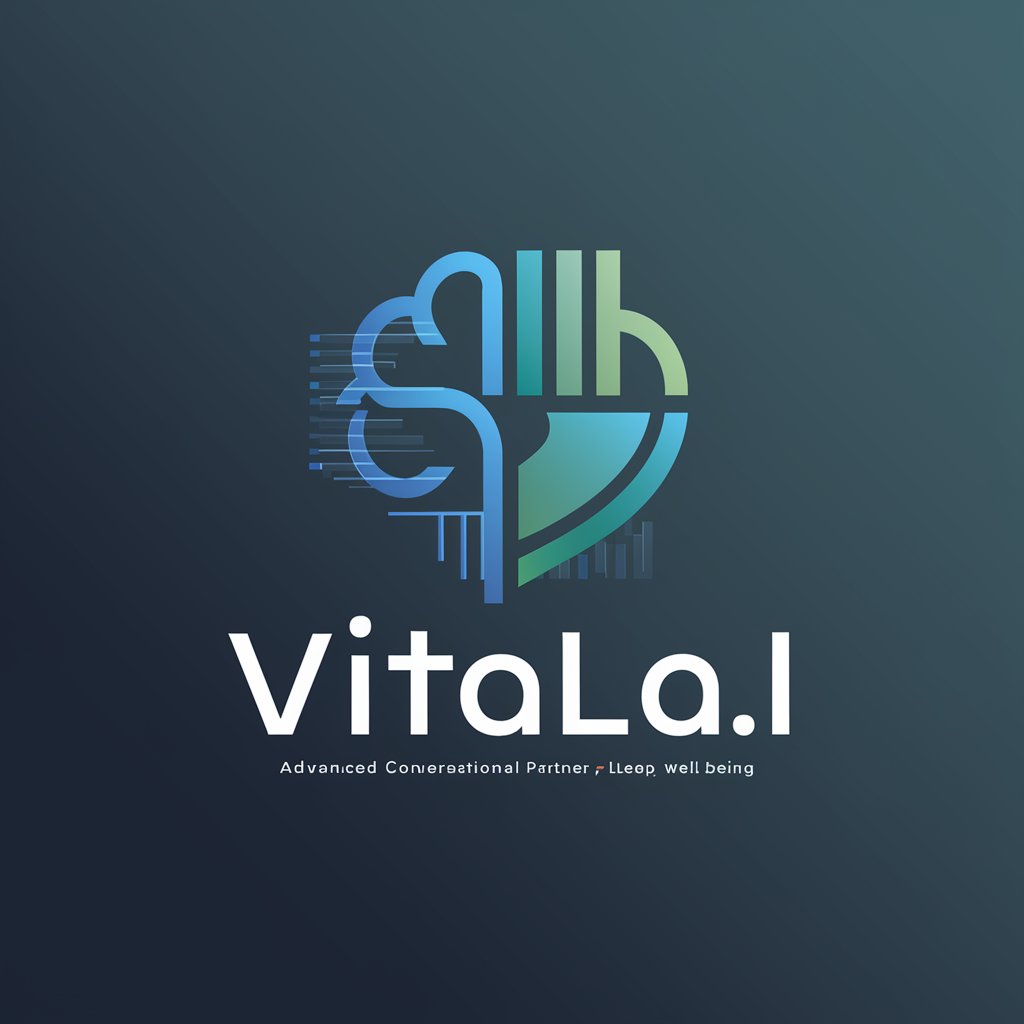
Thyroid Care
Empowering Thyroid Health with AI
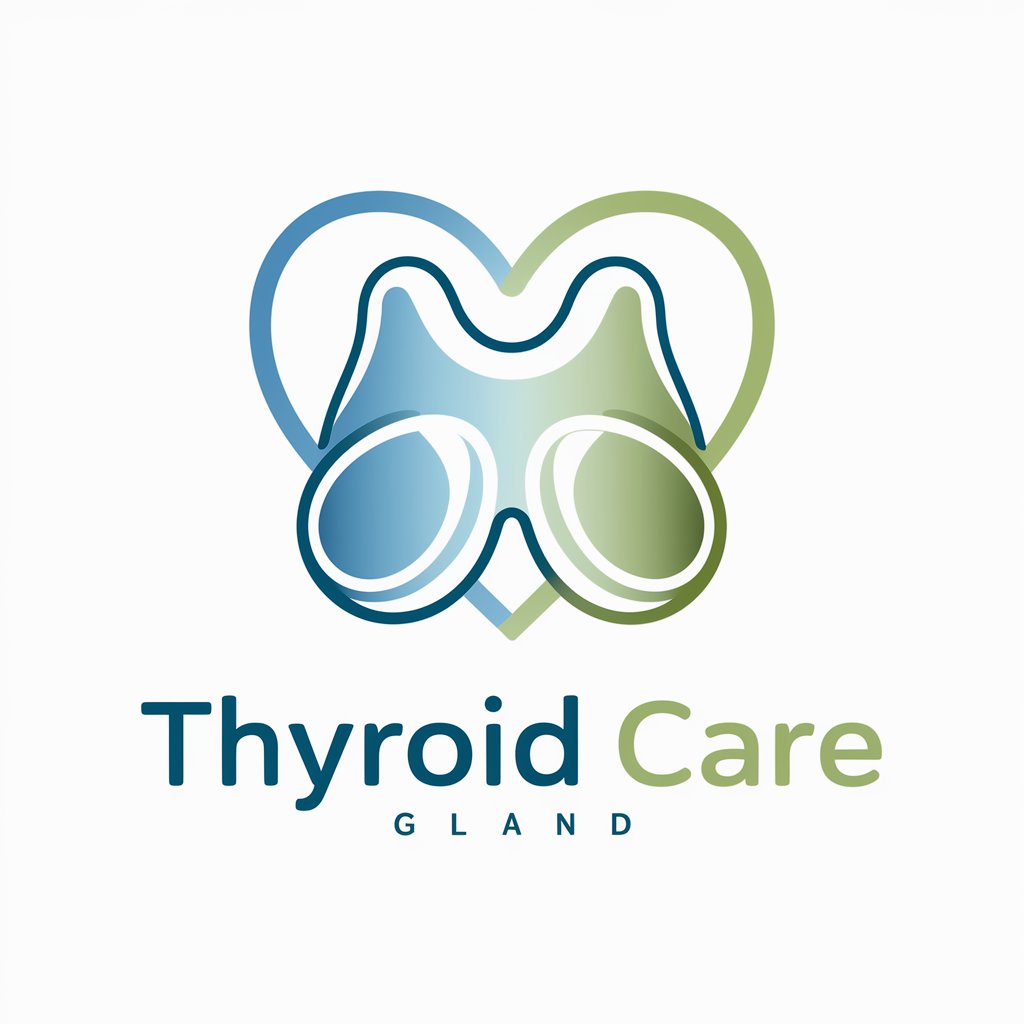
COP28 Insights
Decoding COP28 with AI

Zemurian Chronicles Companion
Your AI-powered guide to the Trails universe

LAN GPT - Learn Anything Now (FAST)
Empowering learning through AI
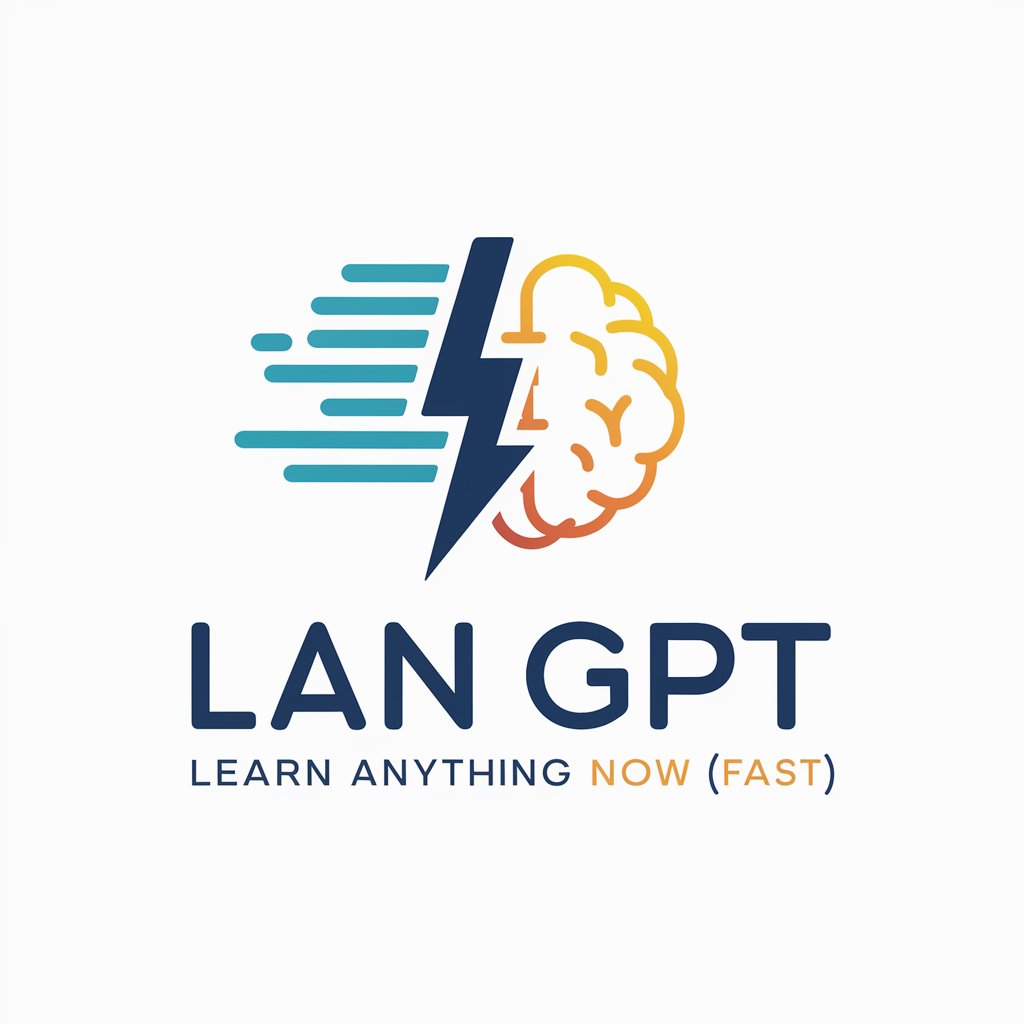
Travel Safety Advisor
Navigate Safely with AI-Powered Insights

Mars AI
Empowering Creativity with AI
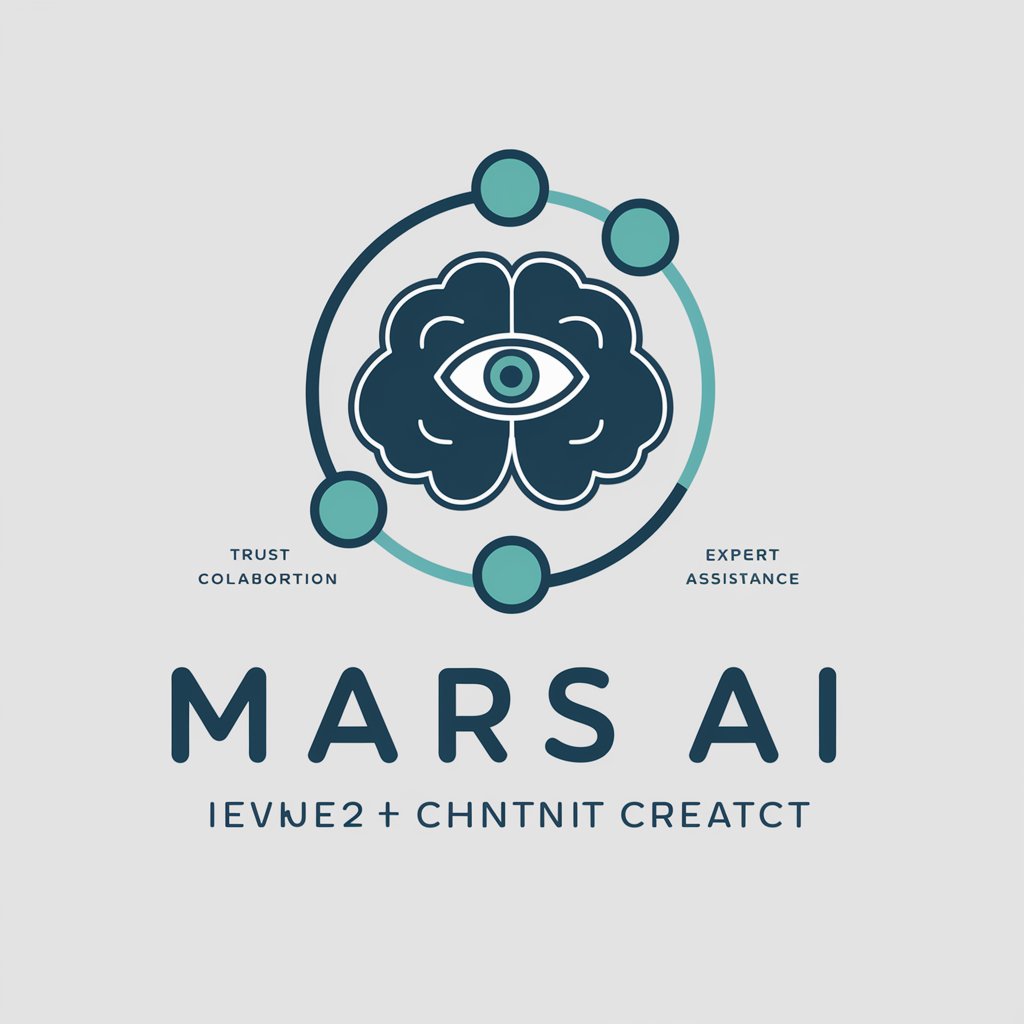
Science Sage
Empowering Learning with AI Insight

Frequently Asked Questions about Medical AI Assistant (UiBmed - ELMED219 & BMED365)
What educational resources does the Medical AI Assistant provide?
The assistant offers extensive educational resources, including open-access GitHub repositories with course materials for ELMED219 and BMED365, hands-on Jupyter notebook exercises, and access to DataCamp for comprehensive learning.
How can I interact with instructors and peers?
The Discord server is an interactive platform where you can engage in discussions, seek help, and collaborate with instructors and fellow students, fostering a supportive learning community.
What are the key features of the Jupyter notebooks provided?
The Jupyter notebooks serve as a practical tool for learning and applying computational modeling techniques, machine learning, and medical AI concepts, with a focus on in vivo imaging, biomarkers, and network analysis.
How does the Medical AI Assistant integrate ethical considerations into the curriculum?
The curriculum includes dedicated sections on the ethical and regulatory aspects of AI in medicine, ensuring that students not only gain technical skills but also understand the broader implications of AI applications in healthcare.
Can I use the Medical AI Assistant for my research or academic projects?
Yes, the assistant is designed to support a wide range of academic and research activities, providing resources, tools, and a collaborative platform to enhance your projects in the field of medical AI.

